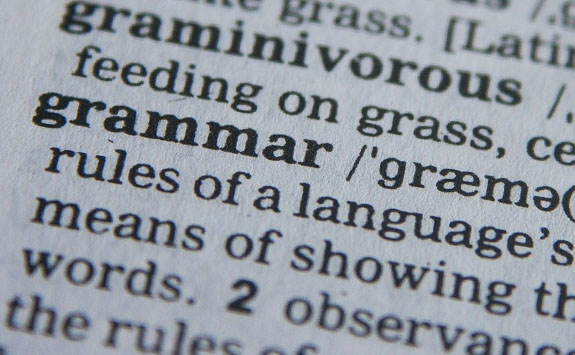New at Newcastle
New to university? Check out our especially curated resources to help you in your first few weeks and beyond.
When you begin a course at university there are lots of academic skills you may need, from finding good quality information to writing using appropriate academic style. Our collection of resources will give you tips and useful information to help you in your journey and to support you during your time at Newcastle.
Some key skills to start you off
As you begin your studies at university there will be a lot of new things to get used to, including the language and terms used in an academic context. What is the difference between a seminar, lecture, or tutorial? Are citations and references different? Why are we asked to be critical and what does this really mean?
You may also be wondering about how to manage your module reading list where you can find the information you require to explore and research topics for your course.
Check out the quizzes, tips and videos to below to help you get started with understanding academic style, academic jargon and managing your reading.
Evaluating information
Once you’ve got the hang of identifying essential materials from your reading list and searching for useful books, e-books and articles, you’ll need to decide whether or not they are appropriate to use in an academic context.
In this video, Zanab, a former student talks us through how they evaluated for themselves and used their own judgement to decide if they were the best resources to use in their studies.
Online and downloadable resources
Finding your own voice
An essential stage when you’ve found useful and good quality information is to use your own words to either paraphrase or summarise the information. Being able to paraphrase or summarise information is an essential academic skill that demonstrates that you have fully understood the materials you have read and are able to incorporate them in your work and to build an argument.
Avoiding plagiarism
As a student you’ll hear the expression plagiarism throughout your time on your course. If you’re not sure about what this, then here's a former student, Phoebe, explaining what plagiarism is and why referencing is so important.
Prevention is better than cure, so in order to help you avoid it from the start, we've got resources and quizzes that can help you avoid making any unfortunate mistakes. You will find lots of pages in the Academic Skills Kit to help you understand plagiarism, as well as some tips on referencing, so you can avoid finding yourself plagiarising by accident!
The process of writing
If you are feeling a bit overwhelmed with how to begin a piece of assessed work, it is worthwhile thinking about it as a process as opposed to a final product. Thinking about it in this way means that you break the task down into smaller manageable chunks, but you can also review, reflect and edit your work as you go along.




